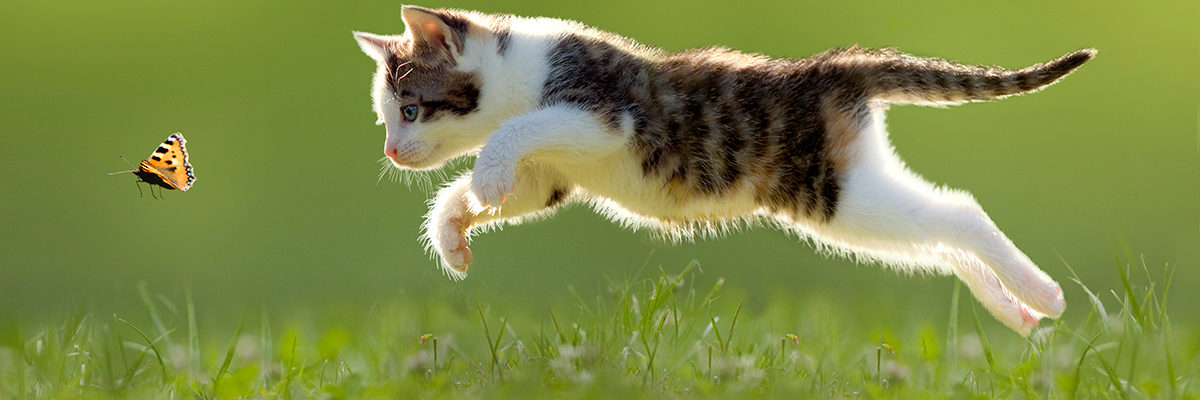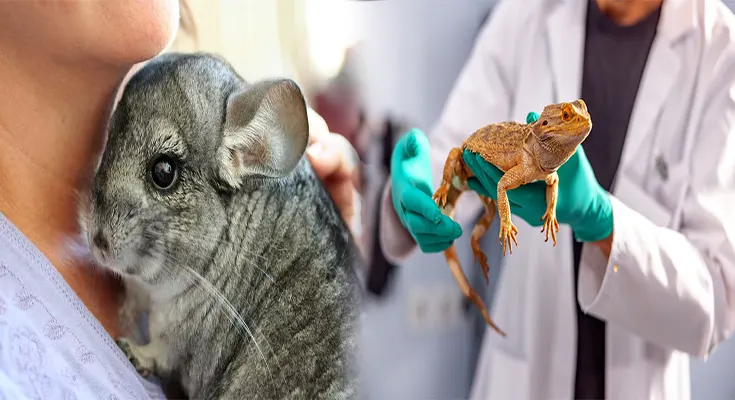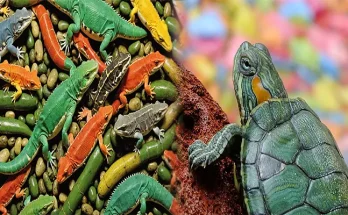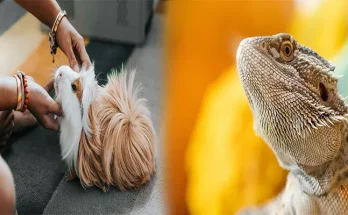Exotic mammals, such as ferrets, sugar gliders, hedgehogs, and chinchillas, have become increasingly popular as unique and lovable pets. However, caring for these exotic creatures requires a deep understanding of their specific health needs and potential health issues. In this article, we will explore some of the common health problems that exotic mammals may face and discuss essential preventative care measures that can help ensure their well-being.
1. Dental Issues
Dental problems are prevalent in exotic mammals, especially those with continuously growing teeth like rodents and lagomorphs. Overgrown teeth, malocclusion, and dental abscesses can cause pain, difficulty eating, and other serious health issues. Regular dental exams, providing appropriate chew toys, and offering a diet that promotes dental health can help prevent dental problems in exotic mammals.
2. Respiratory Infections
Respiratory infections are a common health issue in exotic mammals, often caused by poor ventilation, high humidity, or exposure to drafts. Symptoms may include coughing, sneezing, nasal discharge, and difficulty breathing. Maintaining a clean living environment, avoiding temperature extremes, and providing proper ventilation can help prevent respiratory infections in exotic mammals.
3. Obesity
Obesity is a significant health concern for exotic mammals, as many owners may not be aware of the proper dietary and exercise requirements for these unique pets. Obesity can lead to a variety of health problems, including diabetes, arthritis, and cardiovascular issues. Providing a balanced diet, limiting treats, and encouraging exercise and mental stimulation can help prevent obesity in exotic mammals.
4. Parasites
External parasites such as mites and fleas, as well as internal parasites like worms, can affect exotic mammals and compromise their health. Regularly checking for signs of parasites, keeping the living environment clean, and implementing a preventative parasite control program recommended by a veterinarian can help protect exotic mammals from parasitic infections.
5. Heat Stress
Exotic mammals are often more susceptible to heat stress due to their unique physiological adaptations. Heat stress can lead to dehydration, heat exhaustion, and even heat stroke in extreme cases. Providing a well-ventilated living space, access to clean water at all times, and keeping the environment at a comfortable temperature can help prevent heat-related health issues in exotic mammals.
6. Proper Nutrition
Proper nutrition is crucial for the overall health and well-being of exotic mammals. Each species has specific dietary requirements that must be met to ensure optimal health. Offering a balanced diet rich in essential nutrients, vitamins, and minerals, as well as providing access to fresh water at all times, is essential for preventing nutritional deficiencies and related health problems in exotic mammals.
Caring for exotic mammals involves understanding their unique health needs and taking proactive measures to prevent common health problems. By being diligent in providing proper veterinary care, nutrition, environmental enrichment, and monitoring their overall well-being, exotic mammal owners can help ensure a long and healthy life for their beloved pets. Regular veterinary check-ups, a safe and clean living environment, and a balanced diet tailored to their specific needs are key components of preventative care for exotic mammals. Prioritizing preventative care can not only help prevent health issues but also strengthen the bond between exotic mammal owners and their special companions.





